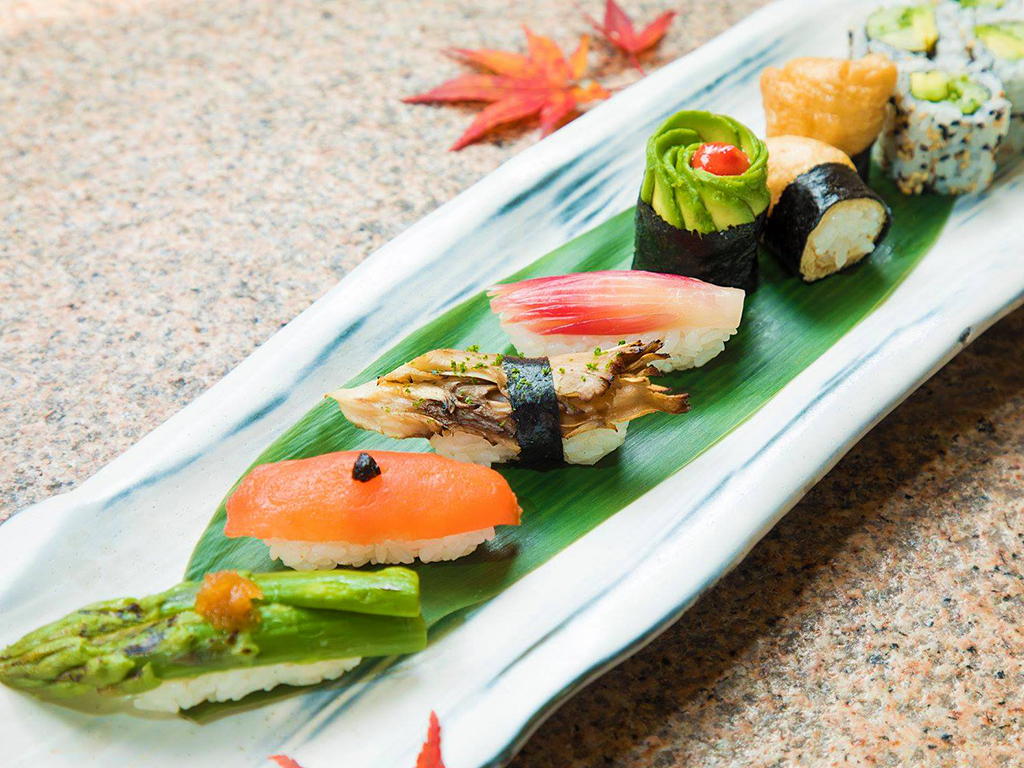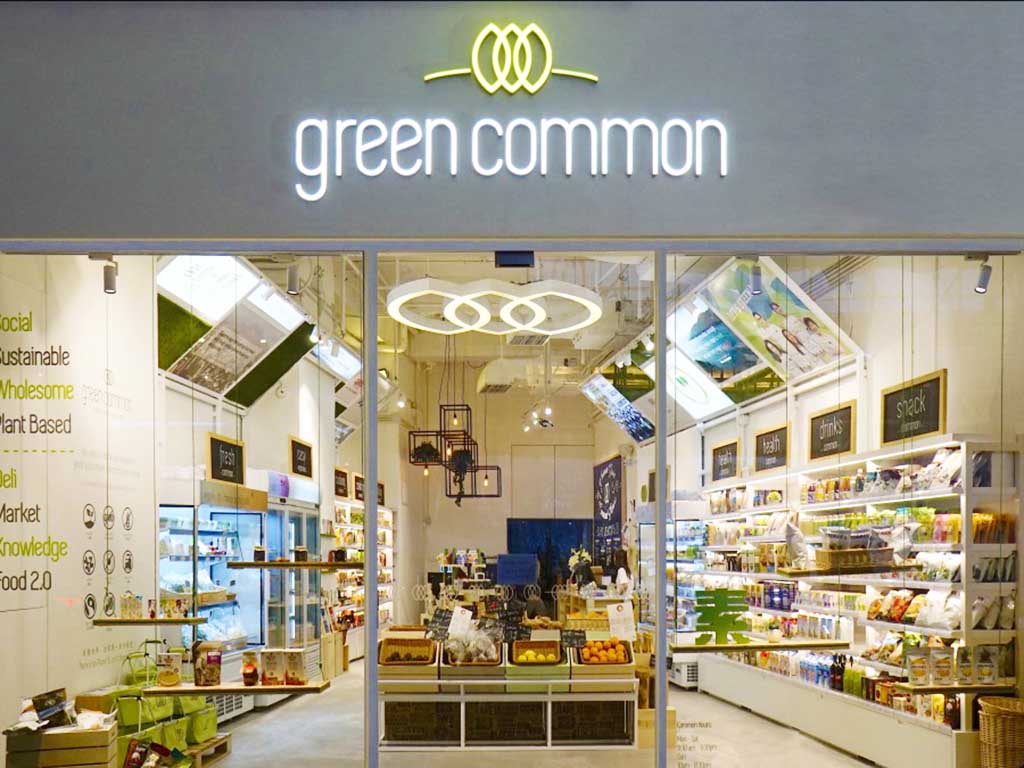2 Mins Read
Coinciding with China’s lifestyle shift from wealth and luxury to health and fitness comes the growing demand of more plant-based options in a country that houses the largest market for beef, pork, and poultry. Vegetarian restaurants in metropolitan cities like Shanghai have doubled in five years and shows no signs of abating. According to Financial Express, “the imports of vegetables and fruits have registered a spike since the growing trend of vegetarianism,” and a Xinhua news agency reports there are currently more than 50 million vegetarians in China. With increased awareness of high blood pressure and obesity linked to meat consumption, China is looking for alternatives to make impactful change in healthy living.
Meanwhile, the vegan movement is gaining fast traction in China’s neighboring Special Administrative Region. “Hong Kong is also undergoing a shift in eating patterns, meaning the demand for plant-based food is growing – there’s been a strong vegan F&B push and we’re seeing lots of new vegan concepts,” Green Queen founder, Sonalie Figueiras, told Well To Do. This year alone, vegan burger patty Impossible Foods and eggless egg phenom JUST Scramble have debuted in Hong Kong to wide fanfare from vegans and non-vegetarians alike. As pork remains the dominant animal protein consumed in the world, the unsustainable development of farming practices and environmental degradation have called for massive overhaul and outright change of the livestock industry. Companies like Hong Kong-born food tech startup, Right Treat, the makers of Omnipork – an all-purpose plant-based pork alternative with high nutritional profile that looks, cooks, tastes like conventional ground pork – have launched to bridge the gap between food taste and personal wellbeing.
Plant-based concept store and cafe, Green Common, is leading the charge – introducing vegan options through restaurants, catering companies, office buildings and schools – aiming to make sustainable food available in Asia. Founder David Yeung said to CNBC he is confident Asia’s World City can serve as a gateway into mainland China and the rest of Asia. “We know what people crave in Hong Kong, that makes us so valuable to translate these products for the Asian palette.”
For a list of Hong Kong’s continuously expanding plant-based eateries around the city, click here.
Images courtesy of Zuma HK and Green Common.





